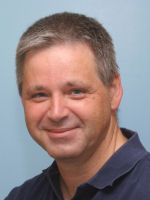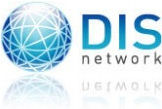In some discussion group we just settled, we were asked to write down what would be the most important for us in our lives. And to our big surprise 90% youngsters in the group used the words "recognition" or "social recognition". There wasn't any significant discussion before that could have biased this informal survey. It was surprising enough to catch my attention.
20 years later, here is how I explain this to myself. It is known for many years now that our brain has special centers responsible of fundamental drives in our behavior. These centers have been detected and localized by changes in people's behavior when altered by an accident or a disease. The drives are related to hunger, libido, aggressivity/love, etc.
Assuming that mankind is the product of an evolution driven by natural selection, the existence of such drive centers makes sense. It ensures perennity of our species from the biological and the physiological perspective. Maybe the social perspective did not get the same attention.
To me, the existence of a drive for social recognition would also make sense because it pushes toward social coherence and cohesion and thus also to stability while being flexible enough to preserve the capability of our society to evolve and adapt to context changes.
This social recognition drive is thus equivalent to sexual drive, with all the possible related pathology. Social recognition compulsion can for instance lead to mythomania or eccentric behavior.
So my impression, if you allow me to push the logic to its extrema, is that social network sites are a variant of porn sites. They just tickle the brain centers driving our behavior.
I would thus say that social networking is directly related to the social recognition drive, which is itself a kind of attractive magnetic force required to get social cohesion and coherence. If this is true, animals would show the same fundamental drive, and why not, ETs too.
|
0 Comments
Minimizing latency was one of the main aspects driving the design of the DITP protocol. You may check wikipedia for a definition of latency in the networking context. |
AuthorChristophe Meessen is a computer science engineer working in France. Any suggestions to make DIS more useful ? Tell me by using the contact page. Categories
All
Archives
December 2017
|


 RSS Feed
RSS Feed
